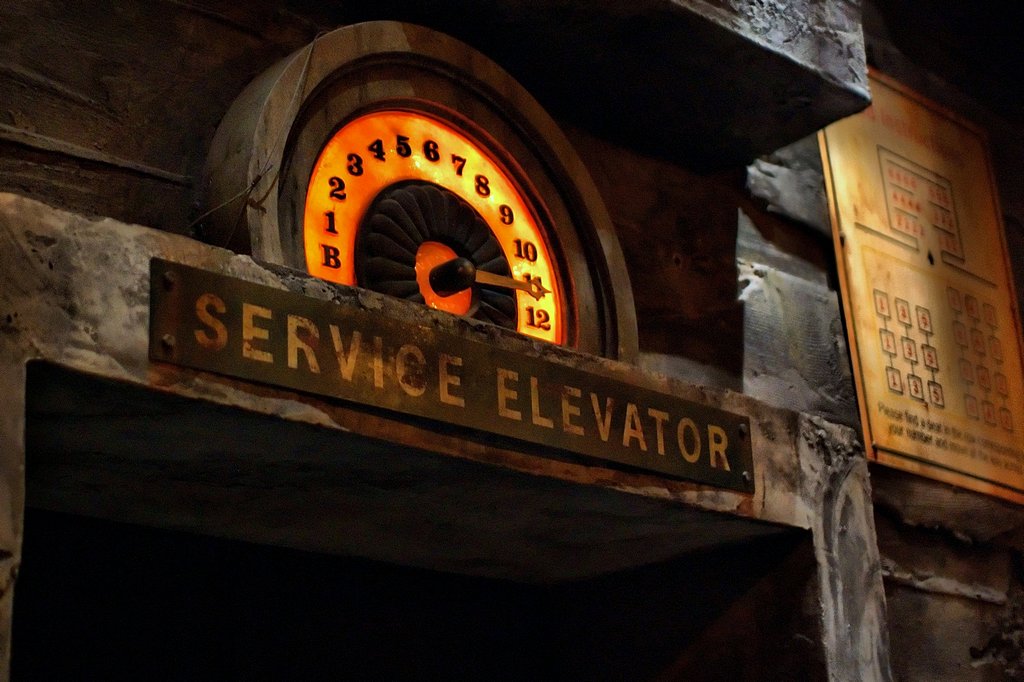Whether you are an entrepreneur, a freelancer, or just someone trying to show that you are worth working for, chances are there will come a day when you need to convince someone that you have an AWESOME idea. You need an elevator pitch.
The elevator pitch is a brief summary, short and to the point, about you and the company or product you represent. Aptly named because it should last no longer than a typical elevator ride, an elevator pitch needs to be convincing, concise, and memorable.
So how do you make a great elevator pitch? Here are some tips that you can use to fit your purposes:
Show your passion
You don’t have to bring on the waterworks, but Nancy Juetten, author of Bye-Bye Boring Bio PLUS!, says to “Add some emotional resonance” to your pitch so people can “feel” their fundamental need. Your burst of passion might inspire them. The key is to get listeners to lean in and say, “Tell me more!””
Know your audience
You always need to read the room (well…the elevator). Career coach Lisa McDonald says, “My elevator speech varies depending on the audience. Realize there are several scenarios for networking and utilize an elevator pitch including: one-on-one, group, and informal situations. The one-on-one situations can be structured networking events or business meetings with referrals. Informal situations include talking to others in line at the grocery or at a sporting event. Tailor your speech to your audience and environment.” So you might say something different to a CEO you bump into in line at the coffee shop than you would to a colleague at a conference.
Clarity is key
Remember that you do want this to be a conversation. That is why you want to get to the point as fast as possible. You want to keep the listener in mind. Don’t spend your “elevator ride” talking AT. Be concise and try to get a response back.
Practice makes perfect
Though you want to sound genuine, it doesn’t hurt to practice your speech. But you want to have it down to a science so that it doesn’t sound like a rehearsed speech, but just bursts out of your mouth the way you might remember song lyrics or an inside joke.
Start with a joke or anecdote
Ian Aronovich, CEO of GovernmentAuctions.org, says to start the pitch off with a clever joke. “Hitting someone with a quick bit of humor can break the tension and give you the upper hand right after the punch line. People hate being pitched in tight, awkward positions–but people also enjoy a clever joke. Try to think of a couple before any pitch, and if you are an improvisational person, you shouldn’t have a problem spitting out a joke off the top of your head. Try to begin any elevator pitch with an anecdote. Relating the situation with something that is happening with your business or your personal life can be a great hook to spark some interest.”
Avoid annoying buzzwords
Showing everybody you know all the jargon will not make your pitch better. Cut to the point with simple straight-forward words.
Follow up
If you do it right, then the elevator pitch is really just the beginning. You need to be prepared for follow-up questions and a plan to reconnect.
Leave them wanting more
Of course you want your elevator pitch to give a clear idea of your project or goal, but sometimes leaving just a little information out can keep your listeners waiting for more. They just might decide to follow up with you!
This piece was written by Meredith Lepore and is republished by permission.
Image Credit: CC by Joe Penniston



